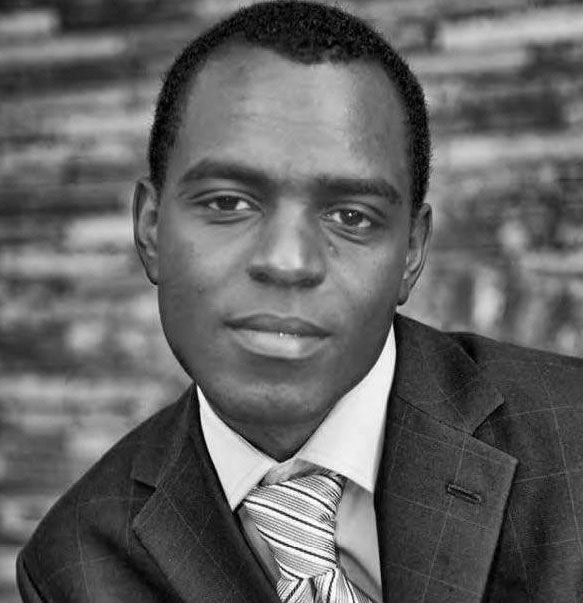

As Uganda approaches the 2026 elections, public discussions continue to focus on divisive cultural debates, often at the expense of more urgent human realities.
Among these are the daily struggles faced by minority Ugandans, including LGBTQ individuals, who continue to bear the brunt of exclusion and discrimination under the current legal environment.
The Anti-Homosexuality Act (AHA) has far-reaching consequences that extend well beyond questions of morality or culture. It affects access to healthcare, weakens community trust, drives people underground, and threatens Uganda’s commitments to human rights and social justice.
The result is not only a humanitarian crisis but also a challenge to our shared values of dignity, compassion and fairness. So, as the nation looks toward 2026, it is essential for public leaders and policymakers to address these realities with empathy and evidence-based solutions.
PUBLIC HEALTH
Everyone deserves access to healthcare and protection from discrimination. Yet since the enactment of the Anti-Homosexuality Act (AHA), vulnerable Ugandans are increasingly avoiding testing and treatment out of fear. Many LGBTQ individuals feel unsafe seeking care, worried about stigma, harassment, or mistreatment in healthcare settings.
This is not just a public health concern; it is a human rights issue. While there have been recent calls to integrate LGBTQ-inclusive services and guidance issued through circulars, these measures are not enough.
With many community health mechanisms scaling back due to cuts in US funding, minority groups are being left at a crossroads, struggling to access essential care. Strong, enforceable protections that ensure “all” truly includes everyone are urgently needed.
From an economic perspective, the AHA has been an act of self-sabotage. The law’s discriminatory nature prompted international development partners like the World Bank to reconsider funding, directly impacting projects in health, education, and infrastructure – this with the reduction in tourism.
Although the World Bank has since lifted its freeze and allowed some projects to resume, some political candidates have welcomed this decision only for the political and economic relief it offers, not as a signal of progress on human rights.
This highlights a troubling priority: economic convenience over principled governance. The AHA remains in force, and the needs of LGBTQ Ugandans remain excluded from the gains politicians are so eager to celebrate.
Take the past political elections, where LGBTQ issues have often been weaponized as a scapegoat to distract from pressing concerns affecting Ugandans. However, there are signs that this “homosexuality card” no longer sways public opinion as it once did.
More Ugandans are now focused on tangible issues such as survival, dignity, and economic stability. One has to ask: will any candidate stand up during the campaigns for marginalised communities, not just for LGBTQ human rights, but everyone living on the margins of our society?
Will anyone speak for those whose struggles are often unseen, whose dignity is overlooked, and whose daily lives are shaped by fear, stigma, and uncertainty? Consider the recent BBC expose of a degrading sex-trade ring in Dubai, where Ugandan women were trafficked, abused, and exploited.
This horror story was widely consumed but quickly dropped from the national agenda. Why does the suffering of desperate, trafficked citizens fail to ignite a national debate, while cultural wedge issues dominate the political space? The exploitation documented in this case is a direct result of systemic negligence.
Many Ugandan youths are forced into dangerous labor-export pipelines that offer little protection. The stories of victims highlighted in the documentary reflect a much larger, silenced population within Uganda itself. Sex workers in Uganda, both female and male, face relentless stigma and violence, forcing them into the shadows.
This reality is even more acute for male sex workers, who undeniably exist yet are rendered completely invisible, abused in silence because the stigma they face makes speaking out unthinkable.
Unfortunately, abuse of marginalized persons like men happens but goes unreported due to stigma and draconian laws. These are our fellow Ugandans, and they deserve protection. The silence from politicians on these issues stands in stark contrast to their eagerness to legislate and vilify the LGBTQ community.
CALL FOR COURAGEOUS LEADERSHIP
The question is; how should candidates address this thorny issue to assure every Ugandan of their safety? First, they must move beyond broad statements. They must condemn the Anti-Homosexuality Act (AHA) and commit to its repeal. They must explicitly include key populations in health, social, and development policies, in line with the constitution’s promise of equality for all.
They must commit to legal reforms that protect every citizen from discrimination and violence, regardless of gender identity, sexual orientation, or profession. The AHA is not just a threat to the LGBTQ community; it is a threat to Uganda’s public health, economic stability, and moral fabric.
As we approach 2026, politicians across all political parties must demonstrate the courage to fight for every Ugandan, ensuring true equality and justice.
The author is a human rights advocate and Nobel Peace Prize nominee.


